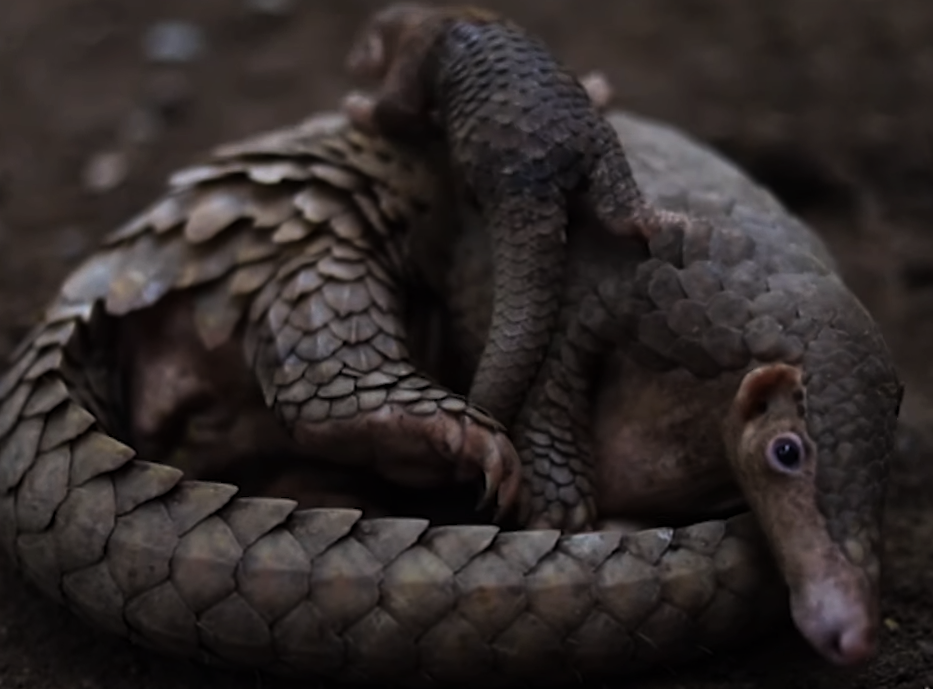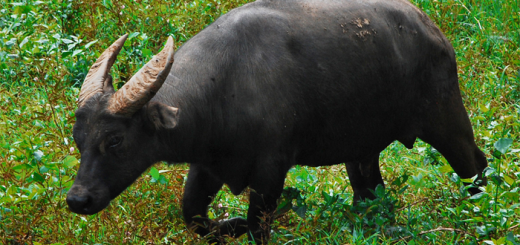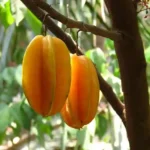Palawan Pangolin

The Palawan pangolin or Philippine pangolin, also locally known as balintong is roughly 12 to 20 inches in length and weighs about 1 to 4 kilogram. It is a pangolin species endemic to the Palawan province of the Philippines. Its habitat includes primary and secondary forests, as well as surrounding grasslands.
Palawan pangolin is covered in small triangular scales made of keratin everywhere except the underbelly and face, making up at least 20% of the body weight. It regrows new scales when they are lost and always has the same number of scales throughout their lifespan. The scales come in shades of brown, yellow and olive, making for adequate camouflage at night. Newer offspring have much softer scales than adults and tend to weight about 90 to 500 grams. Areas of the body without scales are covered in a layer of hair. Records said it can live up to about 20 years in captivity.
It has five sharp claws per foot and powerful appendages used for digging. However, these claws are not used as weapons for attacking or defending other animals. Pangolins can also run solely on their hind legs for a duration, using their tail for balance. Its tail is prehensile, allowing it to grab onto branches or stand on its hind legs, despite being covered in scales. The tail also aids the species with climbing and standing upright or to be used as a weapon to puncture enemies using its sharp scales.
The Palawan pangolin’s tongue can stretch up to 10 inches long and is coated in an adhesive saliva that is helpful for catching insects and its head is cone shaped with a long snout and no teeth. Its diet consisting mainly of but not limited to termites and ants. It has in incredible sense of smell that it uses to find its food. The Palawan pangolin is seem to have strong preferences when it comes to the insects they eat, selectively consuming a certain species of ant or termite they like, or even actively avoiding certain species when there is enough of a food abundance to be picky.
The local name balintong, also halintong or malintong means “one who rolls over” in the Visayan Cuyonon language. Other names include balikon, goling and tangiling, with the same meaning.
Scientific Name: Manis culionensis
Family: Manidae
References:
https://en.wikipedia.org/wiki/Philippine_pangolin










